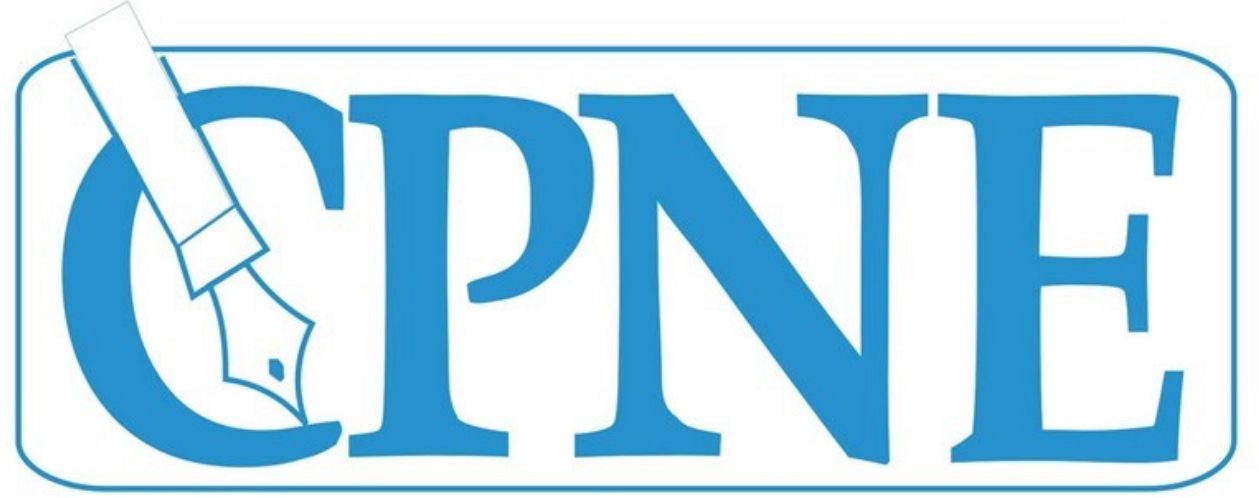Staff Report
LAHORE: In a decisive move that may herald a long-overdue shift in the state’s approach towards media workers’ welfare, a high-level meeting held on Wednesday saw the Council of Pakistan Newspaper Editors (CPNE) take centre stage in tabling hard-hitting proposals to address the endemic challenges plaguing working journalists.
CPNE President Kazim Khan, Senior Vice President Ayaz Khan, APNS President Sarmad Ali, and members Noorullah and Mohsin Mumtaz, along with EMAND Secretary Hafiz Tariq Mehmood, presented a series of recommendations that were unanimously adopted by the committee. The meeting, convened under the direction of Punjab’s Minister for Information and Culture, Azma Bukhari, was chaired by Secretary Information Tahir Raza Hamdani, with DGPR Ghulam Sagheer Shahid in attendance.
Among the most consequential decisions was the stipulation that all financial disbursements to print and electronic media organisations from the government shall now be contingent upon proof of timely salary payments to their workers. The DGPR has been officially empowered to withhold dues from any outlet found non-compliant—a bold step towards fiscal discipline and labour justice within the media economy.
It was further resolved that all media houses must submit monthly salary certification reports to the DGPR, establishing a new benchmark for wage transparency in the sector.
In a separate yet symbolically significant shift, the eligibility criterion for official journalist accreditation cards has been revised—cutting down the required experience from ten years to five. The move is being seen as a nod to the dynamism and diversity of a new generation of media professionals who have long found themselves locked out of formal recognition.
CPNE’s leadership role in the dialogue was remarkable, with its office-bearers demonstrating both strategic clarity and moral urgency. In a show of rare consensus, all major journalistic organisations also pledged unconditional support to the DGPR in eliminating the scourge of dummy newspapers—publications that exist on paper but contribute nothing to public discourse, accountability, or press freedom.
This meeting marks not just a set of policy adjustments, but a potential turning point in the precarious relationship between the state and the fourth estate. CPNE, by putting forward pragmatic yet principled proposals, has signalled that it remains not only relevant, but resolutely committed to the cause of media workers in a time of deep structural uncertainty.

